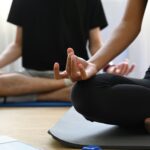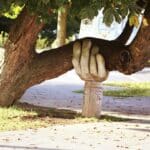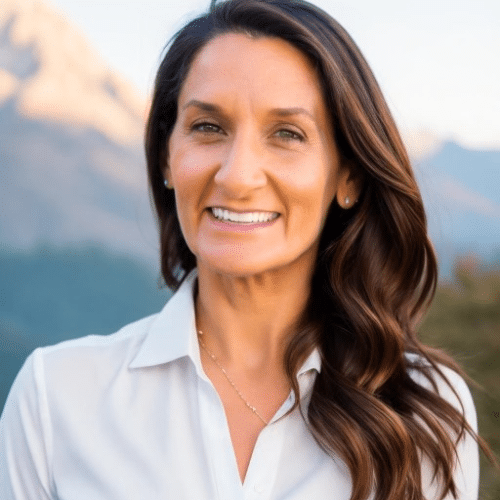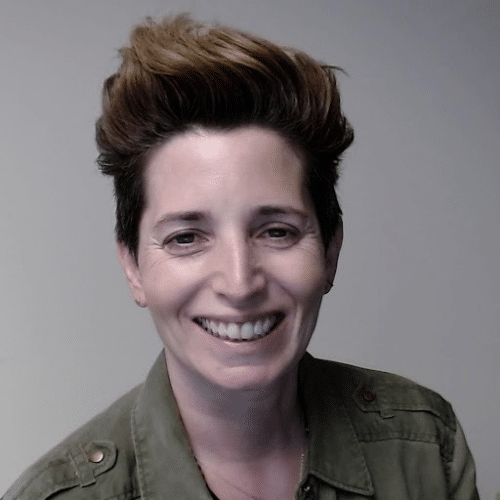Humans are creatures of habit. And habits are often facilitated by our surroundings and our immediate environment. By breaking the sense of “autopilot behavior” stimulated and maintained by one’s surroundings, it is possible to encourage quicker and more long-lasting recovery.
Examples of Habitual Behavior Affected by Environment:
- If one is trying to quit smoking, avoiding the places one usually smokes will help to de-normalize this habit.
- If a person is trying to reduce sugar intake, one should avoid their regular restaurants where they eat the same dishes each time.
- If one is prone to depressive thoughts, being aware of situations of isolation while in emotional pain can help to form new modes of addressing healing.
What Type of Environment Works Best?
Being in an environment that makes you feel like you have a “clean-slate” is one of the best places to begin your recovery and healing process. This “clean-slate” feeling may include a sense of seclusion, peace, and relaxation. Ultimately, these factors help to clear one’s mind and bring one to a sense of starting anew.
Starting in a fresh environment can also help shift away from negative thoughts that were associated with the previous environment. Associations are powerful links between feelings, behaviors, environments, and other factors that can cue certain reactions or actions. By reframing one’s responses in a new environment, it is possible to bring these responses back home and implement them in new environmental settings.
The change of environment, especially to a beautiful place, can also have an effect on one’s subconscious perception of the process they are embarking on. We know that recovery from addiction is anything but easy and can be one of the most challenging times in a person’s life. So being in a place that is beautiful, safe, and where you have everything you need provides the sense of comfort needed to face this difficult process.
Because recovery is a total lifestyle change that involves reprogramming and retraining the mind and body to a more whole version of yourself, the process can be emotionally draining, challenging, and uncomfortable. Being at a recovery center in a peaceful and supportive environment helps soften these difficulties of such uncomfortable aspects of treatment and healing.
Why is the Desert Environment Unique?
The desert environment is unique in a number of ways and offers some powerful keys to the process of recovery. Being able to focus on breathing, the fresh air, the surrounding nature, and being present in the moment are proven to be relaxing and therapeutic. The desert environment also features:
- Quiet
- Clean-slate
- No distractions
- Seclusion
- Connection to nature
- A sense of openness
Each of these factors are not altogether exclusive to the desert environment but the combination of all of them creates a unique blend that offers a space for transformation and healing.
The Mythology of the Desert
Part of what the desert offers to those in recovery is its deep mythology and symbolic structures that speak to processes such as:
- Rebirth
- Wilderness
- Renewal
- Facing the truth
Because of the stark topography, challenging climate, and enduring ecology of the desert, the place of the wilderness has long been associated with endurance, self-realization, and overcoming fear. One of these examples is the ritual rite of passage that brings one into and out of the desert, but not without a total transformation in between.
But the power of the desert is not only mythological. Recent studies show the possibilities of how social-environmental factors can affect the recovery process. Models that incorporate an ecological framework show promise in providing ways to facilitate change, exchange, and transaction between an individual in recovery and their surroundings. In short, this framework can help build a sense of inseparable connection between the person and their social-natural environments.
What Other Activities does the Desert Facilitate?
Meditation: By making time to bring oneself to a state of peace and calm helps to manage stress, decrease anxiety, and learn to handle negative thought patterns with honesty and strength. Meditation and mindfulness are best achieved in quietness and often solitude, something that the serene environment of the desert facilitates effortlessly.
Time for yourself: Substance recovery and healing is a process that prompts people to take a deep looks of self-reflection, something that the desert is known for. By acknowledging certain aspects about oneself that arising through therapy, healing is not too far behind. Making time to look inward can become a rewarding experience if the environment can help one sustain the practice.
Quiet Moments: When taken with intention, a sense of quietness can have a profound impact on creativity and strategic thinking. As a place of rebirth, the desert is able to help make space for planning and goal-setting, and taking time to connect to the good things and people in your life. Singleness of mind and limiting distractions can assist the individual in recovery processes, especially while in the desert for treatment.
Building Good Habits: Remember how environments can help form habits? It can happen on the positive side, too! By building habits like simply focusing on breathing, clearing one’s mind, and being able to still the body, you can form habits that can be sources of stress relief and support. Starting small but in a new environment allows such habits to be brought into new environments and sustain the healing process beyond the limits of the desert location.
Is it Only About Environment?
While environmental factors have a significant impact on the addiction cycle and recovery process, they are not the sole determiners of success or healing. Studies have confirmed addiction as an exceedingly complex and multi-faceted set of processes that should not be reduced to only one “cause.”
But because many people experience a variety of withdrawal symptoms while detoxing, and they are some of the more feared parts of substance recovery, having a comforting and supportive environment can have a significant impact on this process. The solitude of the desert is a beautiful and powerful thing, but that doesn’t mean you don’t have to go through your recovery and healing alone.







